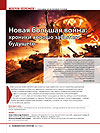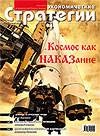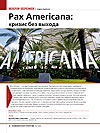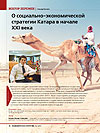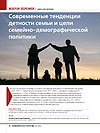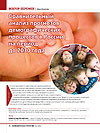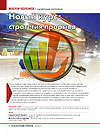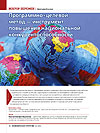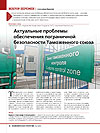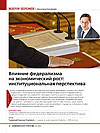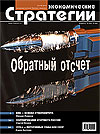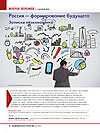New Large-Scale War: Chronicles of Well Forgotten Future
A new world war for developed countries is a versatile tool solving the problems of the current global financial and economic crisis in the world economy. Under these conditions, the world’s actors, especially the United States, extremely need permanent “enemy-ally”, whose role before was traditionally played by the Russian Empire, later on — the USSR. This explains the feverish attempts by all means to draw Russia into a military conflict in the Ukraine.



